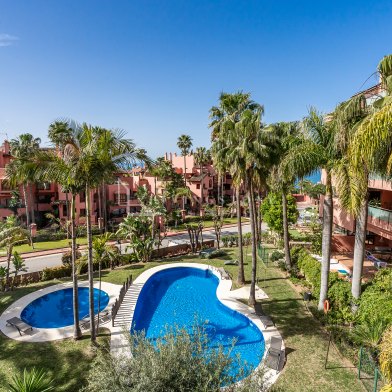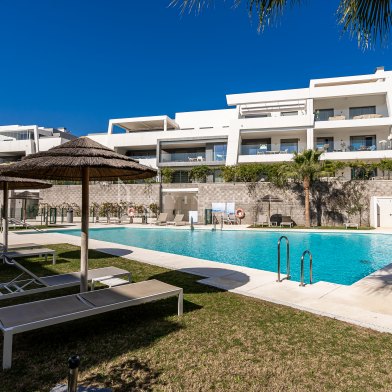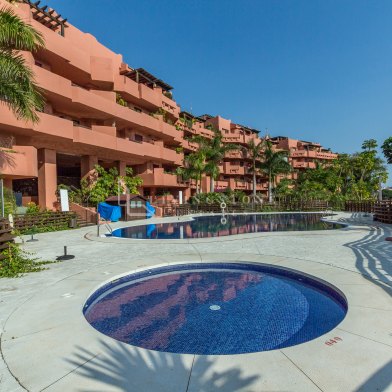The End of Spain’s Golden Visa Program: Implications and Insights
Spain's once-popular Golden Visa program has officially come to an end, signaling a significant shift in the country’s approach to foreign investment and residency. Introduced in 2013, the program granted residency permits to non-EU nationals who made substantial investments in Spain, primarily through real estate. While it attracted thousands of investors, particularly from China, Russia, and the Middle East, its conclusion reflects broader political, social, and economic considerations.
Spain's Golden Visa program will officially end on April 3, 2025, as per the latest updates following its announcement and publication in Spain’s Official State Gazette (BOE) on January 3, 2025. Applications can be submitted until that date, and existing Golden Visa holders will retain their residency rights.
What Was the Golden Visa Program?
Spain's Golden Visa program allowed non-EU investors to obtain Spanish residency by:
- Purchasing real estate worth €500,000 or more.
- Investing €1 million in Spanish companies or bank deposits.
- Creating businesses that generated jobs or contributed to the Spanish economy.
Successful applicants received residency permits for themselves and their immediate family members, with the possibility of renewing indefinitely. While the visa didn’t lead directly to citizenship, it offered a pathway to permanent residency and facilitated travel within the Schengen Zone.
Why Was the Golden Visa Program Terminated?
The decision to terminate the program reflects several factors:
- Housing Market Pressures: Critics argued that the program inflated property prices in cities like Madrid, Barcelona, and coastal regions, making housing less affordable for locals.
- Ethical Concerns: There were allegations that the program facilitated money laundering and provided a loophole for wealthy individuals to bypass stricter immigration controls.
- Changing Political Climate: The left-leaning government, led by the Socialist Party, prioritized housing reform and reducing speculative real estate investment. Ending the Golden Visa aligns with its agenda to tackle housing inequalities.
- Limited Economic Impact: Despite the influx of foreign capital, some economists argued that the program did not substantially benefit Spain's broader economy or create significant employment opportunities.
The Aftermath for Investors and the Real Estate Market
The end of the Golden Visa program is expected to have several implications:
- Foreign Investors: Existing Golden Visa holders will retain their residency rights, but new applications are no longer accepted. Investors interested in Spain may need to explore alternative visa routes, such as the entrepreneur visa or non-lucrative visa.
- Real Estate Market: Coastal areas like the Costa del Sol and cities like Barcelona and Madrid may experience a decline in demand for high-end properties. This could lead to a cooling of luxury real estate prices, benefiting local buyers.
- Competitor Programs: Countries like Portugal and Greece, which also offer Golden Visas, may see an uptick in demand from investors who previously considered Spain. However, both Portugal and Greece are also reassessing their Golden Visa schemes due to similar concerns.
Broader Implications in Europe
Spain’s decision is part of a growing European trend. The European Union has criticized Golden Visa programs for security risks and fostering inequality. In recent years, countries like Malta, Cyprus, and Portugal have either ended or tightened their programs. This reflects a broader reevaluation of the balance between attracting foreign investment and protecting national interests.
What’s Next?
Spain’s government has hinted at alternative investment models that prioritize sustainable economic contributions over speculative real estate purchases. These could include incentives for entrepreneurs, tech startups, and green investments. For non-EU nationals looking to reside in Spain, other residency options, such as the non-lucrative visa or the entrepreneur visa, remain viable alternatives.
Conclusion
The termination of Spain's Golden Visa program marks the end of an era that saw significant foreign investment in the country. While it attracted high-net-worth individuals, its drawbacks ultimately outweighed the benefits in the eyes of policymakers. Moving forward, Spain’s focus will likely shift toward more equitable and sustainable investment strategies, ensuring long-term benefits for its economy and citizens. For global investors, the decision highlights the need to adapt to changing immigration policies across Europe.
Register today to our Guadalmansa Insider Newsletter and get all the latest updates & news about the Guadalmansa area in your inbox.






























